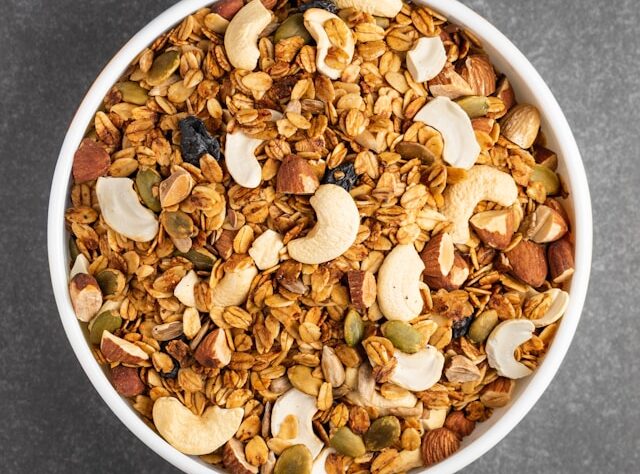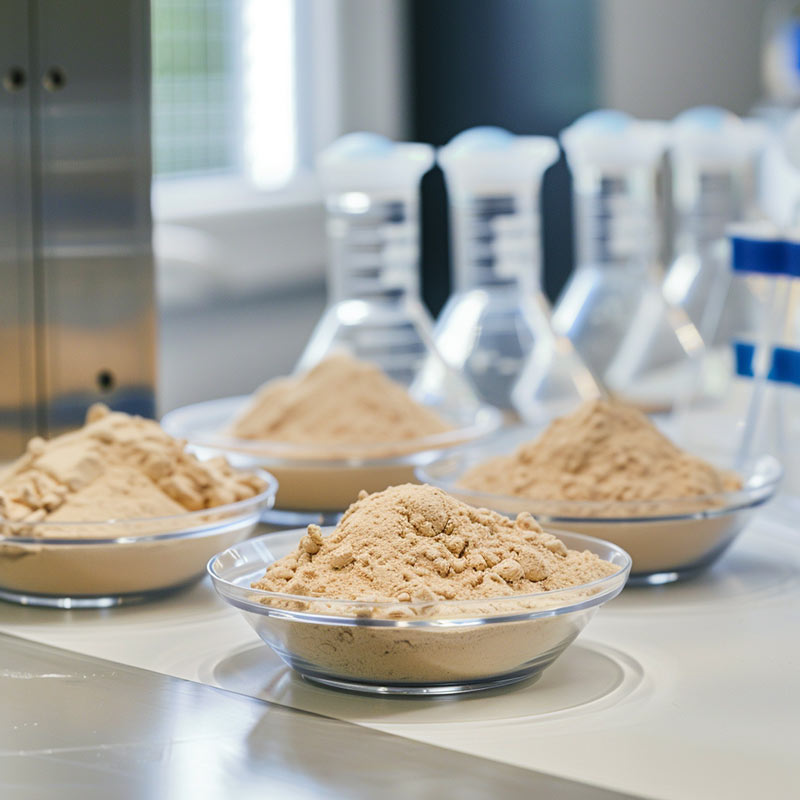Nutrition for the Zurich Marathon 2025: Frequently asked questions
Juwela Lam MSc ETH Zurich, product expert at NoDoubt and food scientist, explains why the right intake of carbohydrates, electrolytes, and caffeine is crucial for the Zurich Marathon 2025—ensuring sustained energy, peak performance, and optimal recovery.

Race Day Nutrition
How does proper nutrition prepare the body for the Zurich Marathon 2025?
Nutrition plays a key role in marathon preparation. Carbohydrates are particularly important, as they are stored as glycogen in the muscles and liver, providing quick energy during the race. Carbo-loading is a well-established method to maximize energy stores. One to two days before the marathon, carbohydrate intake should increase to about 70% of daily calorie intake, which translates to 10–12 g of carbohydrates per kilogram of body weight—for a 70 kg athlete, this equals 700–840 g per day.
Tip: Learn how to optimize your carbo-loading strategy for the Zurich Marathon 2025 in our upcoming blog post!
Hydration is equally crucial. Arriving well-hydrated at the start line reduces the risk of performance dips. In the last 24 hours before the race, avoiding high-fiber, heavy, or fatty foods can prevent digestive discomfort. On race morning, a light, carbohydrate-rich meal—such as toast with honey or a banana—is ideal.
Should I drink as much as possible before the Zurich Marathon 2025 to stay hydrated?
No, being well-hydrated is not just about drinking as much water as possible. Too much fluid can disrupt electrolyte balance and dilute the blood, increasing the risk of hyponatremia—a dangerously low sodium level that may cause cramps and reduce performance during a race. Plus, starting with a full bladder can be both uncomfortable and distracting.
Instead of randomly drinking large amounts, hydration should be strategically managed. 2–3 hours before the start, consuming 5–10 ml of fluid per kilogram of body weight is ideal—for a 70 kg athlete, that’s 350–700 ml.
Tip: To optimize hydration and maintain electrolyte balance, consider adding a pinch of salt or an electrolyte tablet to your drink.
Should I eat a final meal before the Zurich Marathon 2025?
Yes, your pre-race meal is crucial for replenishing energy stores and ensuring stable performance. It should primarily consist of easily digestible carbohydrates, as they are absorbed quickly and converted into energy efficiently. At the same time, high-fat and high-fiber foods should be avoided to prevent stomach issues during the run.
A good guideline is 1–4 g of carbohydrates per kilogram of body weight, depending on individual energy needs and timing. For a 70 kg athlete, that means 70–280 g of carbohydrates. The closer to the race, the smaller and lighter the meal should be.
Tip: Ideally, eat your pre-race meal 2–3 hours before the start to allow for proper digestion. If solid foods feel too heavy, liquid carbohydrate sources like a sports drink or diluted fruit juice are great alternatives.
What should I eat as my last meal before the marathon?
An ideal option is white bread with honey or jam, as it provides fast, easily digestible energy. Another great choice is instant oatmeal with a banana—a soft, easy-to-digest combination that releases energy gradually.
Sports drinks or diluted fruit juices are also excellent, as they hydrate while providing quick carbs. The key is to eat 2–3 hours before the race to allow enough time for digestion.
Energy Supply During the Race
How many carbohydrates does the body need during a marathon?
Targeted nutrition is essential for maintaining performance throughout the Zurich Marathon 2025. Since glycogen stores are limited, the body must continuously replenish energy to prevent performance dips. The recommended carbohydrate intake during a marathon is 60–90 grams per hour, depending on race duration, intensity, and individual tolerance.
Many runners prefer energy gels, sports drinks, or gummy candies, as they provide quick energy without burdening the stomach. Natural alternatives like bananas or rice cakes can also work well. A mix of glucose and fructose, commonly found in energy gels, is particularly effective as it is absorbed faster, allowing the body to utilize more carbohydrates per hour.
When should I consume carbohydrates during the race?
To ensure steady energy levels, carbohydrates should be consumed in small amounts throughout the race—ideally every 20 minutes. This prevents energy fluctuations and helps maintain peak performance during the Zurich Marathon 2025.
What role do electrolytes play in a marathon?
Electrolytes are essential for maintaining fluid balance and preventing muscle cramps. During a marathon, sweating causes the loss of key minerals such as sodium, potassium, magnesium, and calcium—these are vital for nerve and muscle function.
Losing more than 3–4 g of sodium during a marathon can lead to fatigue, cramps, or dehydration. To counteract this, it’s important to replenish electrolytes via sports drinks, salt tablets, or salty snacks. Individual needs vary depending on sweat rate, weather conditions, and personal tolerance.
Can caffeine boost marathon performance?
Yes, caffeine can enhance performance, particularly in the second half of the race, when fatigue sets in. It stimulates the central nervous system, reduces perceived effort, and may slightly increase fat metabolism, helping to preserve glycogen stores.
The recommended caffeine dose is at least 4 mg per kilogram of body weight—for a 70 kg athlete, that’s 280 mg, equivalent to three to four espressos or two strong caffeine energy gels. To maximize benefits, caffeine should be consumed 1–1.5 hours before reaching the finish line, as this is when its peak concentration in the blood occurs.
Post-Marathon Recovery
How can we optimize recovery after the marathon?
Nutrition is essential not only before and during the Zurich Marathon 2025 but also in the recovery phase. The process begins immediately after crossing the finish line and is crucial for rapid regeneration and long-term performance improvement. Two key nutrients play a vital role: carbohydrates, which replenish glycogen stores, and proteins, which support muscle repair and recovery.
Which nutrients help post-marathon recovery?
In the first few hours post-race, a combination of fast-digesting carbohydrates and high-quality protein is most effective. Our NoDoubt Shake can be a great support, as it is rich in leucine—an essential amino acid that enhances muscle regeneration. Additionally, omega-3 fatty acids and goji berries provide antioxidants, reducing inflammation and speeding up recovery.
A great recovery meal combines NoDoubt with a carbohydrate source like a banana, helping to quickly replenish energy and accelerate muscle recovery.

